Chemicals in Skincare
Which 5 Types of Processed Chemicals to Avoid in your Body Wash & Why
In this blog and video series we’re taking a look at the processed chemicals in body washes and liquid soaps and the effect these can have on us, especially if like me you have particularly dry skin, sensitive skin or skin issues like acne or eczema.
The skin is the largest organ in our bodies and it’s one of the only ones (apart from the gut and the lungs) that we treat topically.
“An Environmental Working Group Survey found that we women on average use around 12 different products, containing 168 different ingredients daily” …that’s huge!
So, we could effectively be “feeding” our skin over 100 different chemicals before we even have breakfast …pretty shocking hey?
And the reality is that some of these chemicals will be absorbed into our systems and the research falls down on both sides with this.
We don’t really know what the long term or the cumulative effects of this exposure really is.
So, when we scrutinise our skincare products to reduce the amount of chemicals we expose ourselves to, we’re also reducing the detoxification load on our livers, meaning we’ll be much healthier and more resilient, and less crap will be pushed to the skin to be eliminated. Which is so important if you have acne or eczema. Also with good liver detoxification, your skin will naturally be clearer and more radiant!
As someone who has particularly sensitive skin, I struggled for years to find a shower solution that:
A) Didn’t have a massive ingredient list, full of unpronouncable chemicals that I really didn’t want to put on my skin, and
B) Didn’t make my skin red, flakey and itchy or breakout in acne spots
So, now I’m going to share with you my thoughts on the top 5 types of processed chemicals to avoid in your body wash or liquid soap…
5 different types of processed chemicals you don’t want to have in your body wash or liquid soap
#1 Detergents like Sodium Lauryl Sulphate or Coco Betaine
#1 Detergents like Sodium Lauryl Sulphate or Coco Betaine
The first type is, detergents like Sodium Lauryl Sulphate (any of the -lauryl or laureth sulphates) or Coco Betaine.
These are foaming or lathering agents that cleanse by helping the water to mix with dirt and oil, so they can be washed away.
These agents can be very drying to skin, they strip away the skin’s natural protective oils causing irritation and weakening the skins natural ability to regulate and retain moisture.
In fact, Sodium Lauryl Sulphate is used as a standard yardstick for skin irritation in scientific studies to measure the irritancy of other ingredients. Meaning it’s pretty irritating to the skin!!
#2 Preservatives like Parabens and Formaldehyde Releasers
#2 Preservatives like Parabens and Formaldehyde Releasers
The second type is, certain preservatives like parabens and formaldehyde releasers.
Preservatives are super important for preventing microbial growth in your skincare products that contain water, but there are quite a few preservatives that can either cause skin irritation or they can release formaldehyde, which is linked to cancer and can also cause skin irritation and rashes.
And these are the preservatives you would want to avoid:
- Quaternium-15
- DMDM hydratoin
- Diaziolidinyl Urea (Germall)
- Sodium hydroxymethyl glycinate (suttocide)
- Methylparaben
- ethylparaben
- propylparaben
- butylparaben
The preservatives that are the most widely used and get the most attention are the parabens. Like some foods, parabens are phytoestrogens that can mimic estrogen by binding to estrogen receptors on cells.
There’s evidence on both sides for this one. On one, that parabens are endocrine disruptors that are linked to breast cancer and on the other, that they have only very weak estrogenic activity and no link to breast cancer.
Either way, Parabens can definitely still cause skin irritation and I still wouldn’t want them in my body wash.
#3 Fragrances & Parfum
#3 Fragrances & Parfum
So that brings us to the third type of processed chemicals, Fragrances and Parfum.
Fragrances are among the top 5 allergens in the world. The words fragrance or parfum are a catch-all for a whole, big group of 1,000’s of undisclosed chemicals that include phthalates and other synthetics that can cause skin irritation, sensitization, allergies, skin reactions and asthma.
Phthalates are chemicals that can mimic estrogen and have been linked to birth defects and infertility. Research has suggested that 72% of personal care products tested contain phthalates. So look out for the words fragrance or parfum.
You don’t want to see these in any of your personal care products.
#4 Nitrosamines
#4 Nitrosamines
The fourth type of processed chemicals is Nitrosamines.
Nitrosamines are Petroleum derived ingredients like DEA (diethanolamine), TEA (triethanolamine) or MEA (monoethanolamine).
These chemicals help to create a foam or lather and they can help to adjust the pH of a product. They are also suggested to be hormone disrupters that are readily absorbed through the skin.
DEA, TEA, and MEA are skin, lung and eye irritants, but the real problem is that these chemicals can react with other chemicals in a product’s formula to produce a carcinogen called nitrosodiethanolamine (NDEA) which has been linked to various cancers.
#5 Alcohol
#5 Alcohol
And lastly, the fifth type of processed chemical you don’t want to have in your body wash is Alcohol.
Alcohol is often found in body washes beacuse it can help to “de-grease” oily skin and kill acne causing bacteria on the skin. But this is also why alcohol is terrible in a skin care product!
Alcohol is very drying, it seriously damages your skin’s barrier protection, it can trigger free radical damage and makes oily skin worse (because your skin overcompensates to being stripped of oil). Alcohol also promotes redness and irritation.
Avoid isopropyl alcohol, SD alcohol 40 and ethyl alcohol
So you’ve got 5 types of processed chemicals that it's best to avoid
So you’ve got 5 types of processed chemicals that it's best to avoid
#1 Detergents like Sodium Lauryl Sulphate
#2 Preservatives like the various parabens
#3 Fragrance or Parfum
#4 Nitrosamines like cocamide DEA and
#5 Alcohol
I won’t lie to you, it can be really challenging to find natural personal care options for the shower, that don’t contain these ingredients.
And some people argue that the amount of these processed chemicals in our skin care products is too small to do any harm and that the chemicals are quickly processed by the liver and eliminated from the body.
But, when we use 12 different personal care products containing on average 168 different ingredients daily, that’s just extra work for the liver!
And its totally unnecessary, our liver’s got enough to do without all that!
Also, we don’t really know how these ingredients interact in the body or what the cummulative effect of this exposure really is. And, whether we can see it on our skin or not, these chemicals are all topical irritants in some way, shape or form – which means they disrupt our skin’s natural functioning, stripping away protective oils in the acid mantle and leaving skin looking and feeling dry and open to the processes that sped up visible signs of aging.
So hopefully now you have a better idea of which processed chemicals to avoid in your body washes and liquid soaps, so you can help your skin stay healthy and resilient.
Want to know more about which Chemicals to Avoid in your Daily Personal Care Products?
In the next couple of blog posts and videos we’ll take a look at how to read labels and what to look for when choosing your personal care products and I’ve also got a cleansing product for you that is totally free of synthetic chemicals, it’s our Ecology Body Konjac Sponge!
Ecology Konjac Sponges
If you liked this post and video and you’ve learnt something today, please leave us a comment below, share your experiences, ask questions and share the love with those who might not realise how important it is to avoid processed chemicals in their body wash.
Wishing you silky smooth skin!
PS Don’t forget about your free Bathroom Detox Checklist!
SOURCES:
- Paula’s Choice: here, here and here
- How Stuff Works: 5 Ingredients to avoid in your face wash
- One Love Organics: Top 6 ingredients to avoid in liquid cleansers
- Healthy Home, Healthy Family by Nicole Bijlsma: http://www.buildingbiology.com.au/index.php/Hazards/Personal-Care-Products.html
- The Environmental Working Group (EWG): Skin Deep, top tips for safer products
- The Campaign for Safe Cosmetics



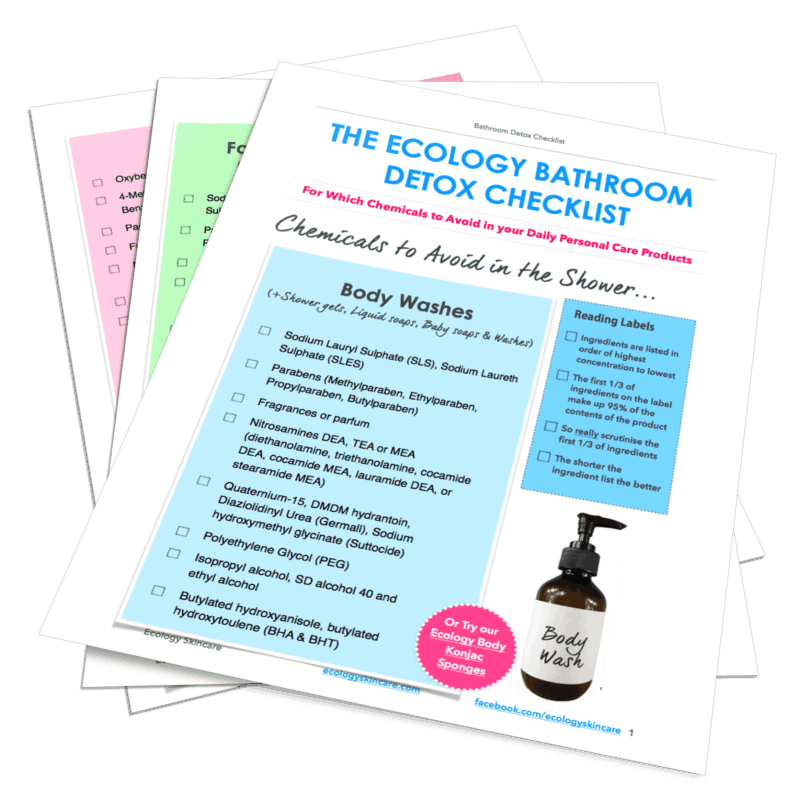
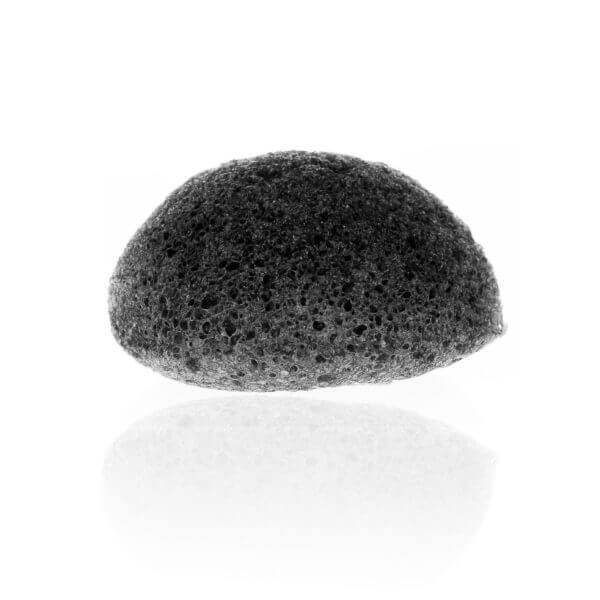

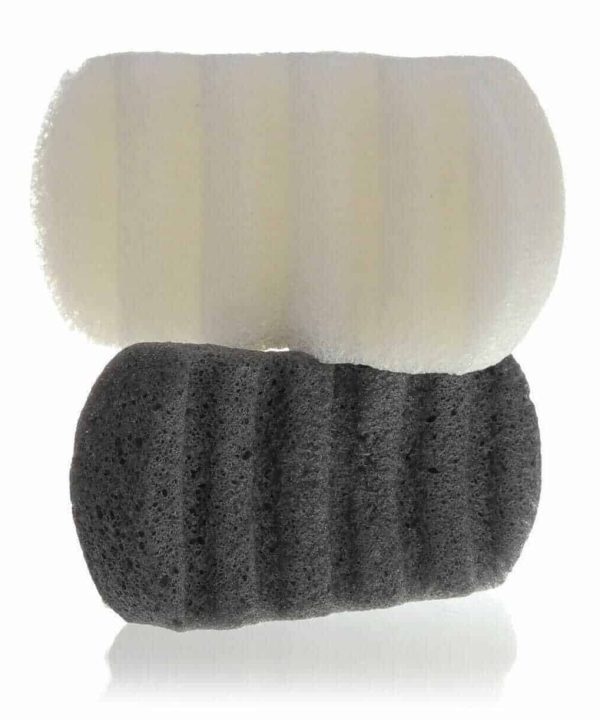
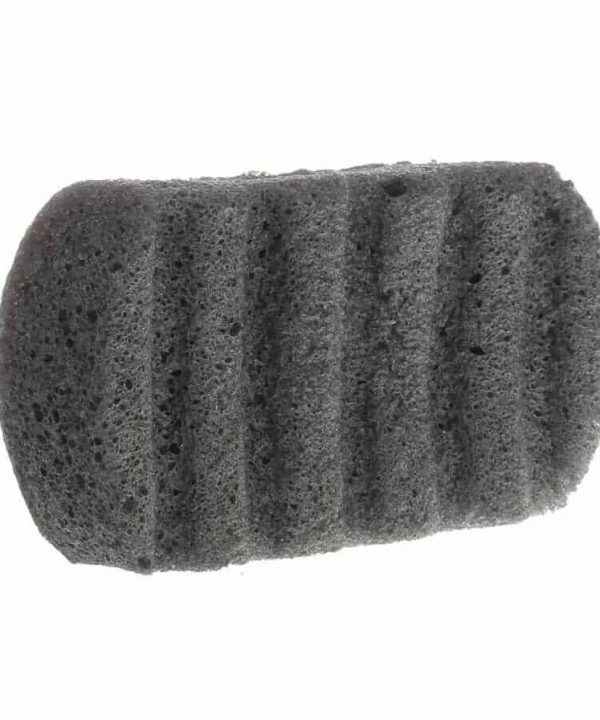
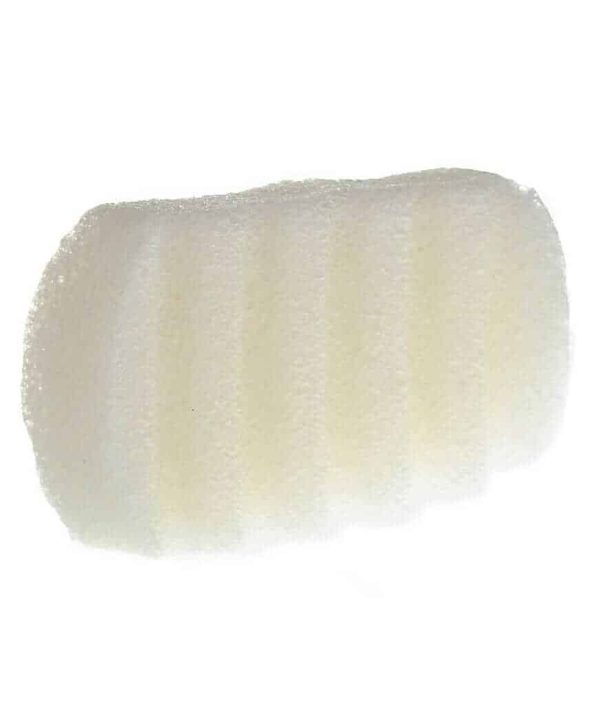
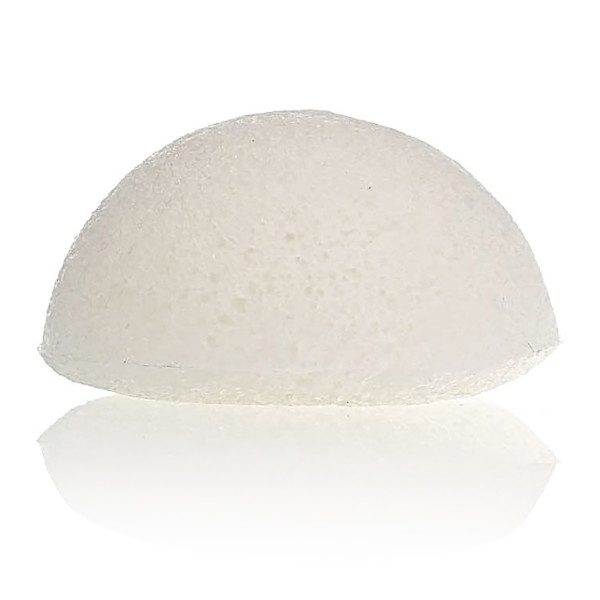
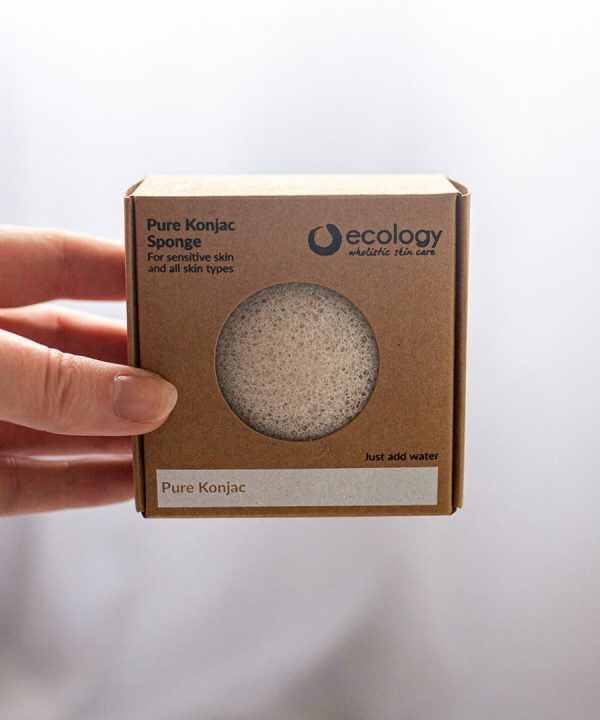

I’ve been avoiding many of these for years, but not all. I have now been advised by my doctor to look at everything that goes on the skin as I have adenomyosis (a bit like endometriosis). Anything that goes on the skin by-passes the liver and goes straight into the bloodstream. Don’t forget your laundry powder and fabric softener. They contain endocrine disrupters too, especially those chemical fragrances, and residue. Cheap, white vinegar works wonders in the rinse cycle, is better for the environment and no, your clothes don’t smell like vinegar. Great info Crystal, estrogen dominant conditions are on the rise and all the xeno-estrogens in our personal care products are not helping. Hopefully, the message will get out.
Thanks for the video; we have learnt so much, very interesting.